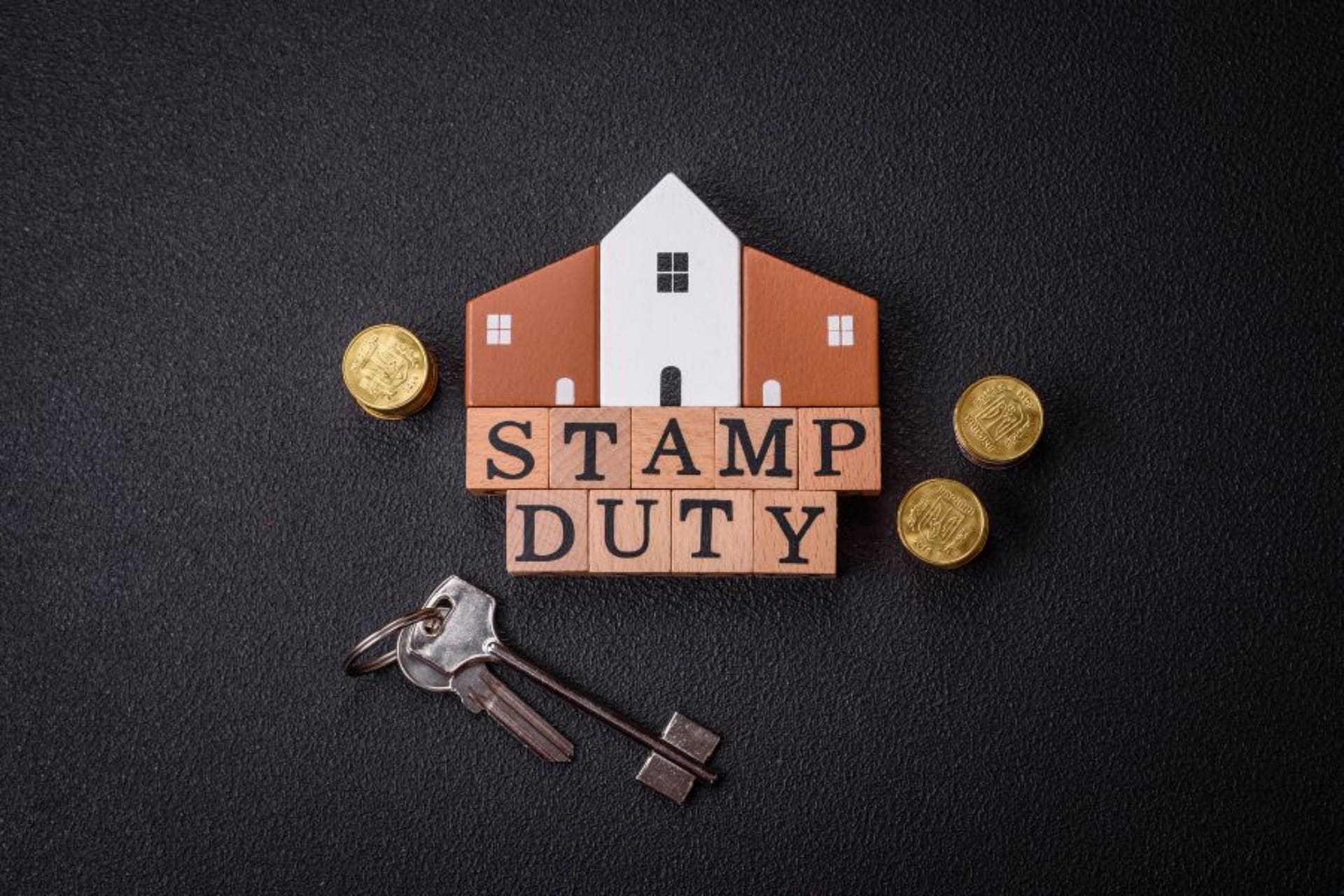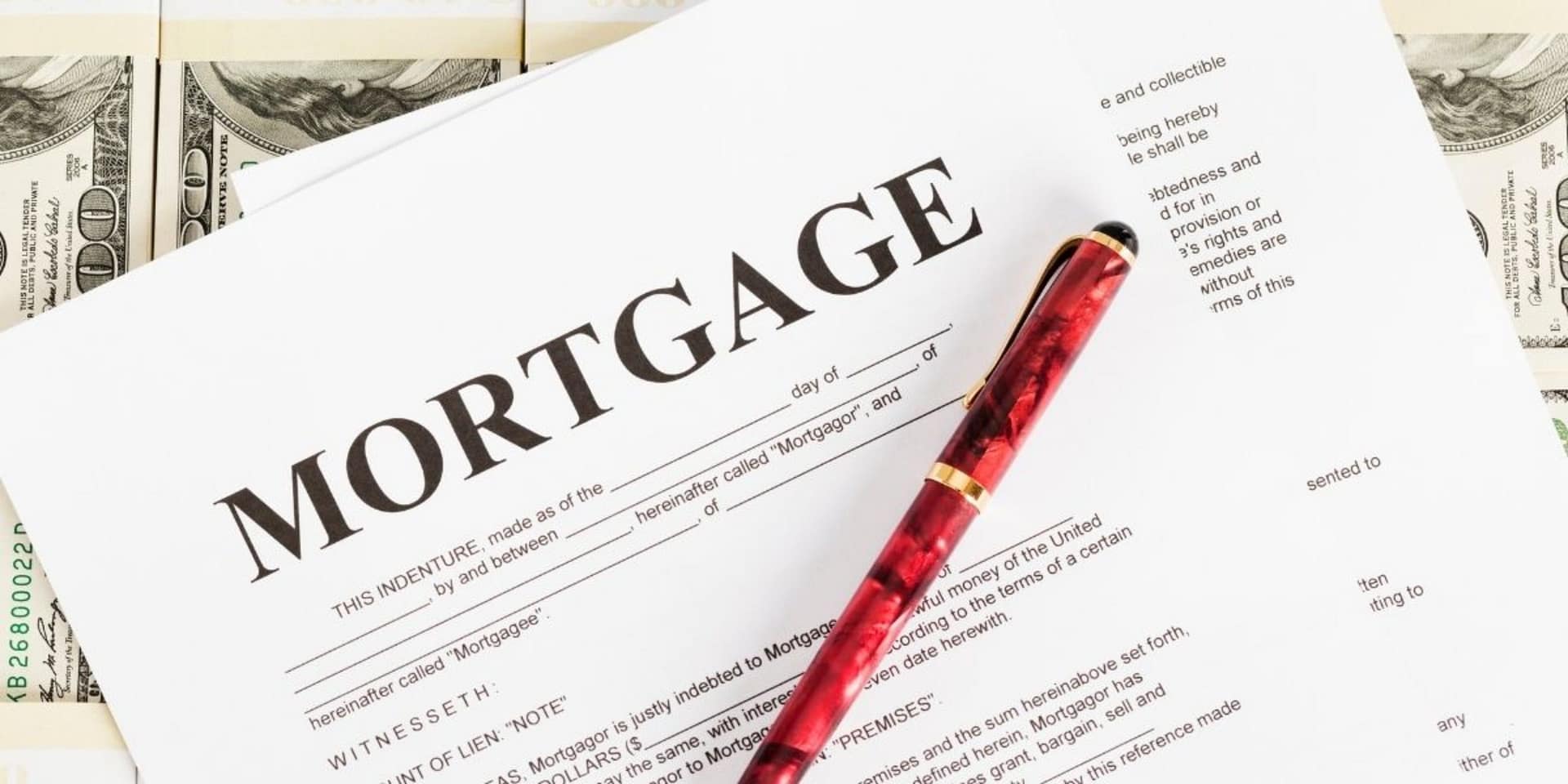Selling your Australian home without an agent can save money, but understanding the legal side is vital.
Knowing vendor statements, contracts, and mandatory disclosures is crucial to avoid costly mistakes.
This blog post will delve into the legal requirements of selling your house privately in Australia.
We’ll cover the essentials to ensure your sales are booming and legally sound. Let’s get started!
Table of Contents
ToggleWhat Legal Documents Are Required to Sell My House Privately in Australia?
Here’s a breakdown of the essential legal documents and processes when selling your house privately in Australia. Keep in mind that specific requirements vary slightly amongst states and territories.
Key Legal Documents:
- Contract of Sale: This is the core legal agreement between you (the seller) and the buyer. It outlines:
- Property details
- Purchase priced
- Deposit amount
- Settlement date
- Special conditions (e.g., subject to finance, building inspection)
- Inclusions and exclusions (e.g., appliances, fixtures)
- Vendor’s Statement: This document discloses important information about the property to the buyer, including:
- Title information and ownership details
- Any restrictions or easements on the property
- Council rates and other outgoings
- Zoning information
- Building permits
- Owners Corporation information (if applicable)
Do I Need A Conveyancer Or Solicitor If I Sell My Home Without An Agent?
Yes, engaging a conveyancer or solicitor is highly recommended, even if you’re selling your home privately in Australia.
While selling your Australian property without an agent is possible, retaining a conveyancer or solicitor is strongly recommended.
The property sale process involves intricate legal procedures, including drafting the Contract of Sale and Section 32 Statement, ensuring contractual accuracy, conducting title searches, lodging official documents, and overseeing the settlement process.
A conveyancer or solicitor will also be required to do the online PEXA settlement as they will have an account set up with PEXA for the transaction.
Ultimately, employing a professional relieves the stress associated with legal complexities, granting you peace of mind and enabling you to concentrate on other essential aspects of your move.
How to Sell My House Privately?
Selling your house privately in Australia can be a cost-effective way to avoid real estate agent fees, but it requires much effort and knowledge about the real estate market. Here’s a step-by-step guide to help you through the process:
1. Understand the Market
- Research Property Values: Look at recent sales of similar properties in your area to understand what your house might be worth.
- Decide on a Price: Based on your research, set a realistic price for your property.
2. Prepare Your Home for Sale
- Make Necessary Repairs: Fix any issues that could negatively impact the sale.
- Stage Your Home: Make your house appealing to potential buyers by decluttering, cleaning thoroughly, and possibly hiring a professional stager.
3. Legal Preparation
- Legal Requirements: Familiarise yourself with the legal aspects of selling a property in Australia, including any disclosures you must make.
- Conveyancing: Consider hiring a conveyancer or solicitor to prepare the legal documents required for the sale, such as the Contract of Sale and Vendor’s Statement.
4. Market Your Property
- Photography and Descriptions: High-quality photos and compelling descriptions are crucial. You might hire a professional photographer and consider getting a floor plan drawn up.
- Advertise: List your property on major real estate websites (like realestate.com.au and domain.com.au). While some sites may not allow private sellers to list directly, third-party services can do this on your behalf.
- Signage: Place a ‘For Sale’ sign on your property.
Also read: Selling House at Auction
5. Conduct Inspections
- Open Houses and Private Viewings: Organise open house days or private viewings for interested parties.
6. Negotiate the Sale
- Receiving Offers: Be prepared to receive and negotiate offers from potential buyers.
- Acceptance and Deposit: Once you accept an offer, the buyer will usually pay a deposit to secure the property.
7. Finalise the Sale
- Exchange Contracts: The exchange of contracts legally commits both the buyer and seller to the sale.
- Settlement: This is when the remainder of the purchase price is paid, and ownership officially transfers to the buyer. Your conveyancer or solicitor will guide you through this process.
Navigate the Sale with Confidence with CJC Law
With CJC Law by your side, gain the confidence and clarity needed to navigate the private selling process. Unlock the secrets to a stress-free sale and achieve the best outcome for your property today.




